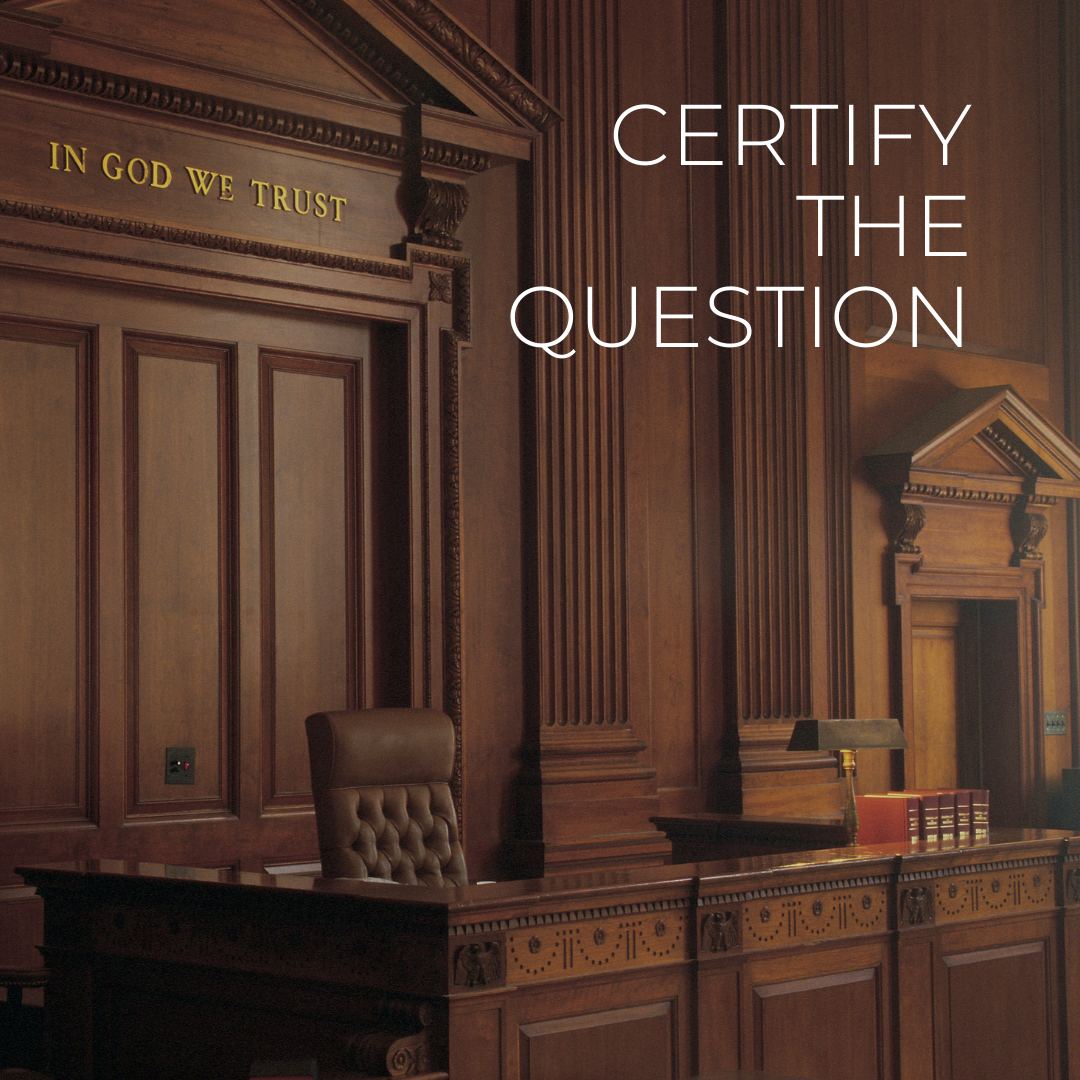
Courtroom dramas have produced some of Hollywood's most compelling dialogue, but it's hard to top this memorable scene from Aaron Sorkin's screenplay for A Few Good Men:
Lieutenant Kaffee: Colonel Jessup, did you order the Code Red?
Judge Randolph: You don't have to answer that question!
Colonel Jessup: I'll answer the question! You want answers?
Lieutenant Kaffee: I think I'm entitled?
Colonel Jessup: You want answers?
Lieutenant Kaffee: I want the truth!
Colonel Jessup: You can't handle the truth!
You won't be surprised that my own legal career never produced anything quite so dramatic. In fact, I remember only one instance where I really even raised my voice. And while on that occasion I wasn't cross-examining a high ranking Marine about ordering a Code Red, I did think I was entitled to some answers.
I was just out of law school. It wasn't a big case?a traffic accident. The trial was still months away when I contacted opposing counsel and scheduled his client's deposition. About halfway through her testimony, I asked a routine question about whether she?d ever previously injured the same parts of her body (her neck and back) which she was claiming to have injured in the accident with my client. Here, her attorney unexpectedly objected. Taken aback, as this was a perfectly reasonable area of cross-examination under the procedural and evidentiary rules, I asked him the basis of his objection. He responded only that he considered it improper and was instructing his client not to answer.
Rather than fighting at length over such a disagreement during a deposition, the Rules provide something for an attorney to do in this situation. My friend, Larry Carroll, an experienced court reporter, can tell you more about the mechanics of the process, but essentially the lawyer who wants the unanswered question answered asks the court reporter to ?certify? the question. Some time later, in a motion, the certified question is submitted to the judge. If there's no good reason for the refusal, the judge orders the witness to testify again and answer the question.
I had the question certified, and a few weeks later, after the judge granted my motion, I called the lawyer to reset the deposition. To my surprise, he told me?order or not?his client wasn't going to answer my question. And that's when I went full Lieutenant Kaffee insisting emphatically that I was entitled to some answers. However, before my performance reached its Oscar-worthy peak, the guy hung up on me. Frustrated, I then drafted another motion, and eventually the whole case was dismissed?all because the witness wouldn't answer a simple question.
There's a certain dramatic moment in Scripture when Jesus refuses to answer a question. Judea's Roman governor Pilate is cross-examining Jesus after His arrest. In the exchange, Christ tells Pilate, ?Everyone who is of the truth hears my voice.?
?Truth,? Pilate sighs in response, before putting to Jesus the most consequential of questions: ?What is Truth?? he asks.
Pilate's inquiry is a good one, but it goes unanswered. Think about this?the representative of the most powerful entity of the ancient world asks the incarnation of the God on earth ?What is Truth?? and all we get back is silence. Then Barabbas is freed. Jesus is scourged. There's a crown of thorns. A purple robe. And then there's the cross. The velocity of events is as blinding as it is bloody, and we receive no answer to this most crucial question. Why would the narrator, why would Jesus, why would God leave perhaps the ultimate question of all time unanswered?
I?m not sure whom to appeal to here, but my urge is to want to certify the question. It feels we are desperately missing something here?the moment, the scene, the part where Pilate, where Rome, where everyone present is delivered a stinging, lasting rebuke by Christ. Something satisfying, something snappy, something Sorkin.
But when I try to envision a climactic line for Jesus that puts everyone in their place, what I miss--what we miss--is God's answer. For although He made no audible response to Pilate in the moment, Jesus answered the question fully over the next several hours. Not with words. Not with dialogue. But with pain, with love, and with His death. The question ?What is Truth??is answered with the cross.
What is Truth? For God so loved the world that He gave his only begotten Son that whosoever believeth in Him shall not perish but have everlasting life. What is Truth? Father, forgive them for they know not what they do. What is Truth? It is accomplished. What is the Truth? God is love.
God?
The Truth? May I receive and feel the fullness of Your answer.
Amen.
?Greg Funderburk





